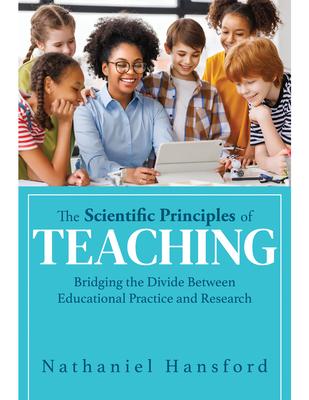Discover the pedagogies with the greatest impact on student achievement. Using meta-analyses of educational research, teachers can identify high-quality teaching methods, leverage evidence-based best practices across subjects, and grasp the core principles of the science of reading, math, and learning. This easy-to-read guide helps educators critically evaluate teaching methods and enhance their self-efficacy and agency.
This book will help K-12 educators:
- Gain necessary guidance for reading and understanding educational research
- Learn about research practices for critically evaluating teaching methods and strategies
- Learn about exceptional and unique education systems from around the world
- Understand concepts like cooperative learning, growth mindset, and constructivist teaching
- Use meta-analysis to examine the efficacy of specific pedagogies
Contents:
Introduction
Chapter 1: How to Understand the Types of Education Research
Chapter 2: How to Read and Interpret Education Research
Chapter 3: The Scientific Principles of Teaching
Chapter 4: Intelligence and IQ Tests
Chapter 5: Growth Mindset
Chapter 6: Feedback
Chapter 7: Active Learning Versus Passive Learning
Chapter 8: Special Education
Chapter 9: Cooperative Learning
Chapter 10: Developmentally Appropriate Practice
Chapter 11: Action Research Frameworks
Chapter 12: Multiple Intelligences Theory
Chapter 13: Constructivist Teaching Versus Traditional Teaching
Chapter 14: Differentiation
Chapter 15: Secondary Meta-Analysis of Popular Teaching Pedagogies
Chapter 16: The Best Education Systems in the World
Chapter 17: Unique Education Systems From Around the World
Epilogue: Putting It All Together
Appendix: Glossary of Terms
References and Resources
Index
